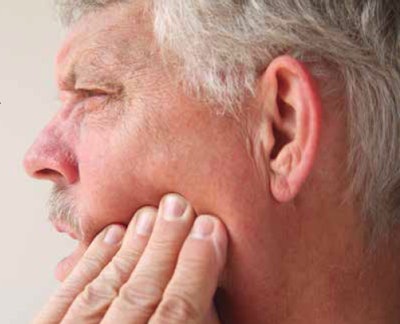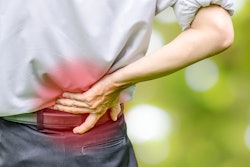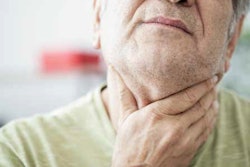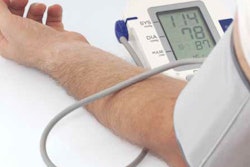 Regular dentist visits, brushing with fluoride toothpaste after eating or drinking and avoiding sugary drinks and frequent snacking can help prevent most toothaches.
Regular dentist visits, brushing with fluoride toothpaste after eating or drinking and avoiding sugary drinks and frequent snacking can help prevent most toothaches.Snacking and drinking sugary, caffeinated drinks are common among truck drivers. The habits can help cure highway boredom, but the behavior also can be detrimental to dental health.
Poor dental care often leads to a toothache, which is uncomfortable at best. At worst, the excruciating pain can make it hard to eat, drink or focus on driving.
Of these three common causes of tooth pain, poor dental hygiene and a high-sugar diet can cause a cavity or a tooth abscess. Likewise, good dental hygiene and other habits can help prevent them. It’s recommended to see a dentist if you experience the symptoms that accompany either problem.
CAVITIES. When a tooth surface is damaged, it can develop tiny holes. Untreated cavities can get larger and affect deeper layers of your teeth, leading to a severe toothache, infection and even tooth loss.
The symptoms of cavities include spontaneous pain; tooth sensitivity; pain when eating or drinking something sweet, hot or cold; visible holes or pits in your teeth; brown, black or white staining; and pain when you bite down.
Cavities are most common in your molars — the teeth in the back of your mouth. They have more areas for food to get stuck and are harder to reach when brushing and flossing.

Also, food and drinks that tend to stick to your teeth longer – milk, ice cream, honey, soda, dried fruit, cookies, hard candies, mints, chips and more – are more likely to cause tooth decay. Frequent snacking and sipping sugary drinks also wear your teeth down faster.
TOOTH ABSCESS. An abscess is a pocket of pus caused by a bacterial infection that can occur at the tip of the tooth’s root or in the gums next to the root. It’s usually caused by untreated cavities, an injury or prior dental work.
Abscess symptoms include a persistent, throbbing toothache that can radiate to the jawbone, neck or ear; sensitivity to hot and cold; sensitivity to pressure from chewing; fever; swelling in your face or cheek; and tender, swollen lymph nodes in your neck or jaw. If the abscess ruptures, you’ll notice a sudden rush of foul-smelling, foul-tasting salty fluid — and pain relief.
The Mayo Clinic encourages an emergency room visit if you have fever and swelling in your face and can’t get to a dentist, as these are indicators that the infection has spread into your jaw.
TEETH GRINDING. Bruxism, or teeth grinding, can occur when you’re awake or asleep. Those who grind their teeth while sleeping are more likely to have a sleep disorder such as sleep apnea. Mild bruxism normally doesn’t require treatment, but more severe cases, which can damage teeth, often does.
See a doctor if you have flattened, cracked or chipped teeth; worn tooth enamel exposing deeper layers of your teeth; increased tooth pain or sensitivity; tired or tight jaw muscles; jaw pain and other similar symptoms.
Bruxism is more common in children, but some adults also can have it. Stress is a big risk factor for teeth grinding, along with smoking and tobacco use. Sometimes it’s inherited.
Treatment can include taking a muscle relaxant before bedtime or taking medication for anxiety.











